Researchers Are Using Model Cars to Perfect Autonomous Vehicles
【Summary】While major companies are utilizing full-size cars for their autonomous tests, an assistant professor at Oregon State University believes that 1/10-th size model cars are the best way to develop autonomous technology.
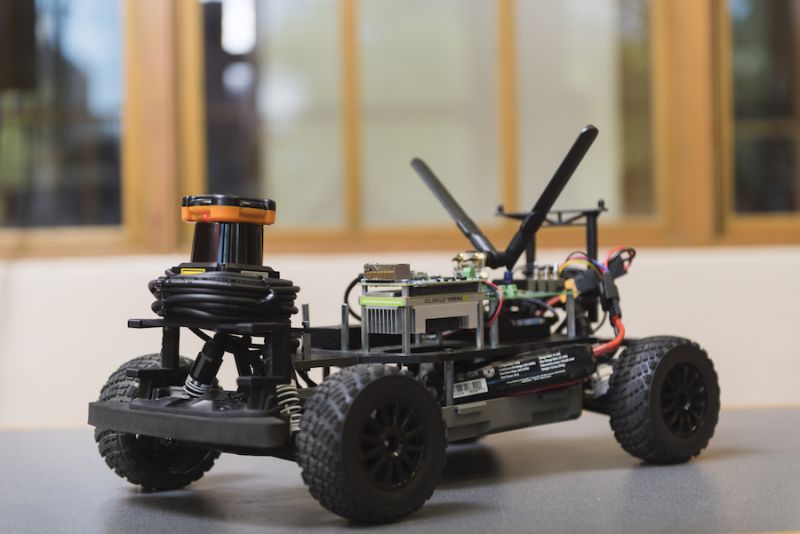
Waymo, Uber, Lyft, Chevrolet, Ford, and more have autonomous cars on public roads in the U.S. Working on autonomous technology isn't a cheap venture, but it's something these brands don't have to worry about, as they have hundreds of millions of dollars to throw at developing the tech. For everyone else, there might be a better alternative – model cars.
Model Cars Instead of Full-Size Vehicles
In a lengthy report, Wired gives an in-depth look at how Houssam Abbas', an assistant professor of electrical engineering and computer science at Oregon State University, is using Traxxas RC model rally cars to work on coming out with autonomous technology. Abbas and his colleagues at the university provide the platform to 33 other scientists that use the models for a similar goal. With the help of a $1.5 million grant from the National Science Foundation (NSF), the team is well on its way to pursuing its goal of helping create the next generation of driverless vehicles.
While companies, like Tesla, Waymo , Lyft, and Chevrolet are driven by economics , Abbas and his teams aren't. "As researchers, we have the freedom to ask the harder questions," he said. "We had this realization that we need everybody to pitch in for us to build reliable, efficient autonomous vehicles."
The grant will help Abbas and his team to send model cars to scientists that specialize in safety systems, cybersecurity, energy efficiency, and robotics departments around the country, which should result in better autonomous cars down the road. The researchers' model car project is part of something bigger called "F1tenth" and will be an open source platform for researchers from around the world to use. Currently, other groups that use one of the team's model cars have to ask questions on a public forum.
Model Cars Are Safer, More Affordable
Small model cars like the ones Abbas' teams use and offer to scientists are great because they're much cheaper than real cars and safer, too. The models are packed with a 9-volt battery, six USB ports, a Nvidia Jetson GPU, and an Orbitty carrier board, so researchers can get a basic idea of what kind of systems would go into a real working example.
The NSF model car project isn't unique to Abbas. As Wired points out, several researchers use a similar program for their research. California's UC Berkeley sees undergrad students get 40 to 50 model cars to work on autonomous software and hardware.
Georgia Tech is unique, as it has a 3-foot vehicle that graduate students use to experiment with. "The cars allow us to explore the limits of the technology in a ‘safe space,' so to speak," said Brian Goldfain, a student that used the large Autorally car platform to finish his Ph.D. dissertation.
Instead of going straight into full-size cars, which are expensive, dangerous, and much more complicated, model cars are proving to be a better bet for smaller companies and researchers looking into autonomous tech.
-

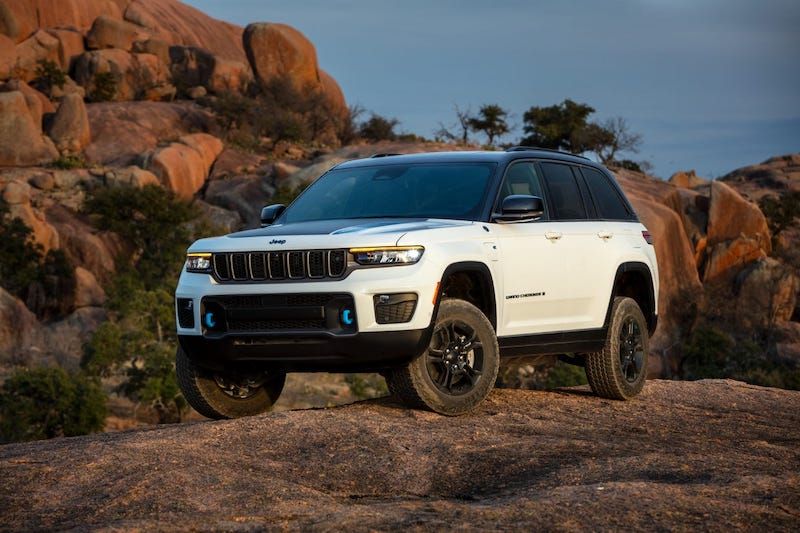
2023 Jeep Grand Cherokee Trailhawk Now PHEV Only
-

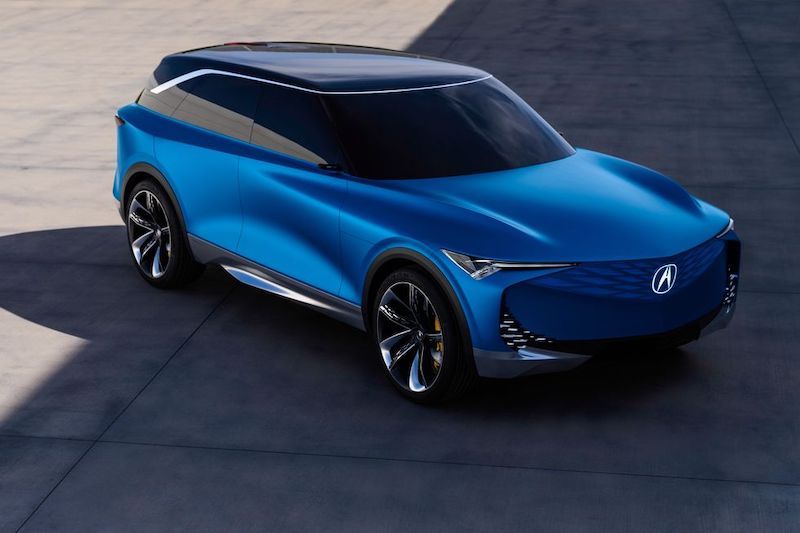
Acura Prevision EV Concept Previews Brand’s Electric Future
-

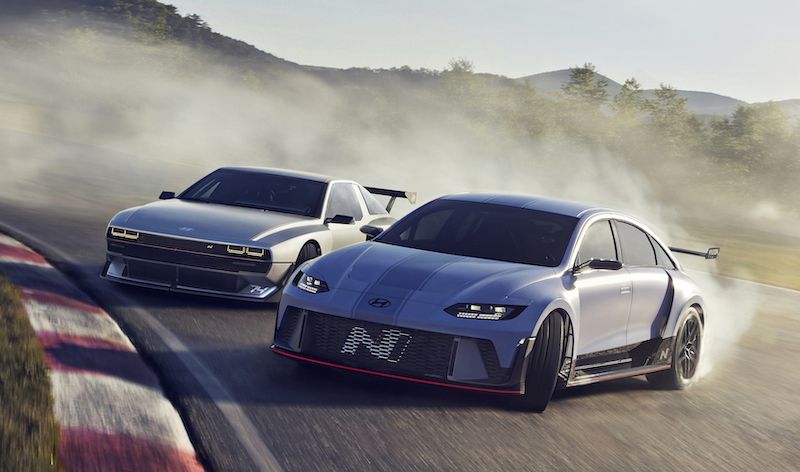
Hyundai Gets Serious About Electric Performance Cars, Shows off Two Concepts
-

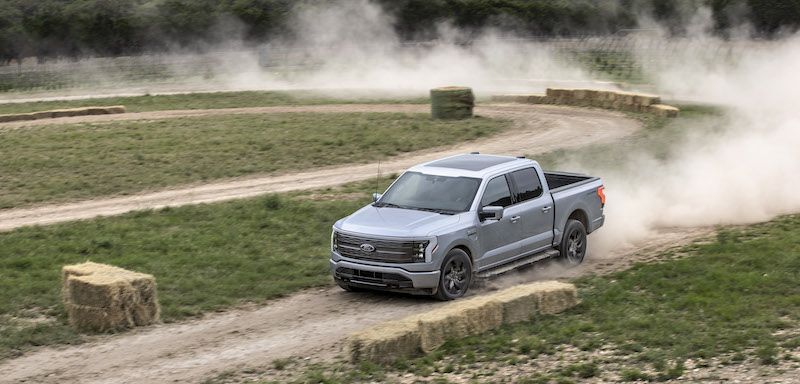
Ford Looks to Have 100% of EV Sales Be Online
-

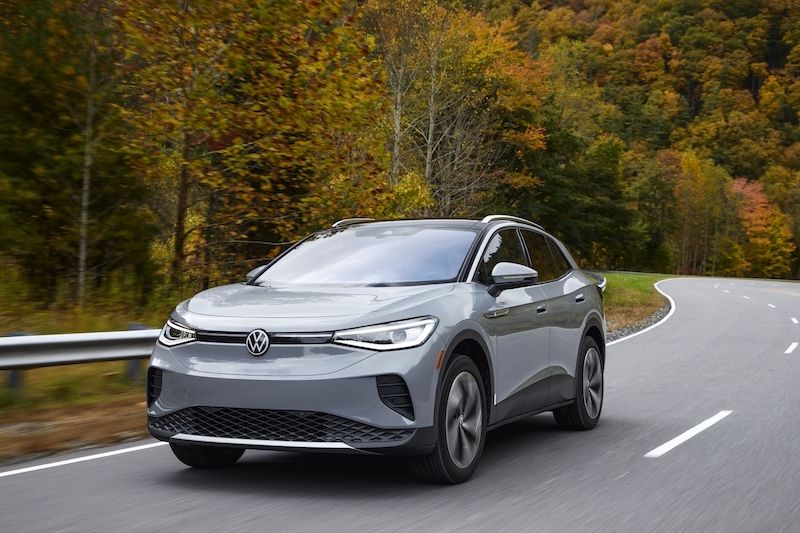
Volkswagen CEO Believes It Will Overtake Tesla in EV Sales by 2025
-

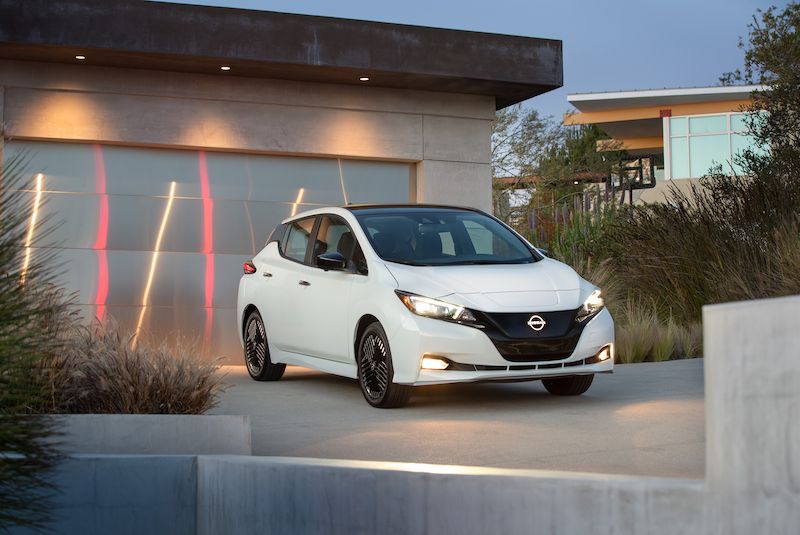
Report Claims Nissan Leaf Will Be Discontinued by 2025
-


Autonomous Vehicles Will Require Cities to Change Their Transportation Methods
-

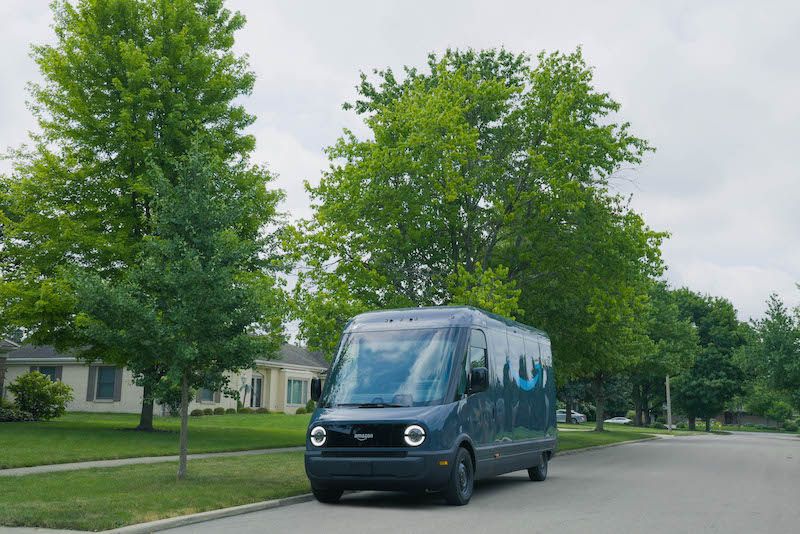
Rivian, Mercedes-Benz Partner to Produce Electric Commercial Vans
- NHTSA Upgrades Tesla's Autopilot Investigation to 'Engineering Analysis'
- Tesla Rival NIO Reports a Record 31,607 Electric Vehicles Deliveries in Q3 as Demand Grows
- The Affordable New Smart Brand Electric Crossover Designed by Mercedes-Benz Officially Launches in China
- Rivian Discontinues Base Model for R1S, R1T
- Federal Tax Credit on EVs Still Applies to American-Made Vehicles
- Facing Rising Production Costs, Automakers Ford, GM, Stellantis and Toyota Urge Congress to Lift the Cap on the $7,500 EV Tax Credit
- NHTSA Opens Investigations Into Two New Fatal Tesla Accidents
- Electric Automaker Lucid Group Unveils the Lower Priced Air Pure and Air Touring Models
- GM's Cruise Becomes First Company to Receive Permit to Charge for Autonomous Rides
- Vietnam-based Electric Vehicle Startup VinFast Ships its First Vehicles to the U.S.











 About Us
About Us Contact Us
Contact Us Careers
Careers